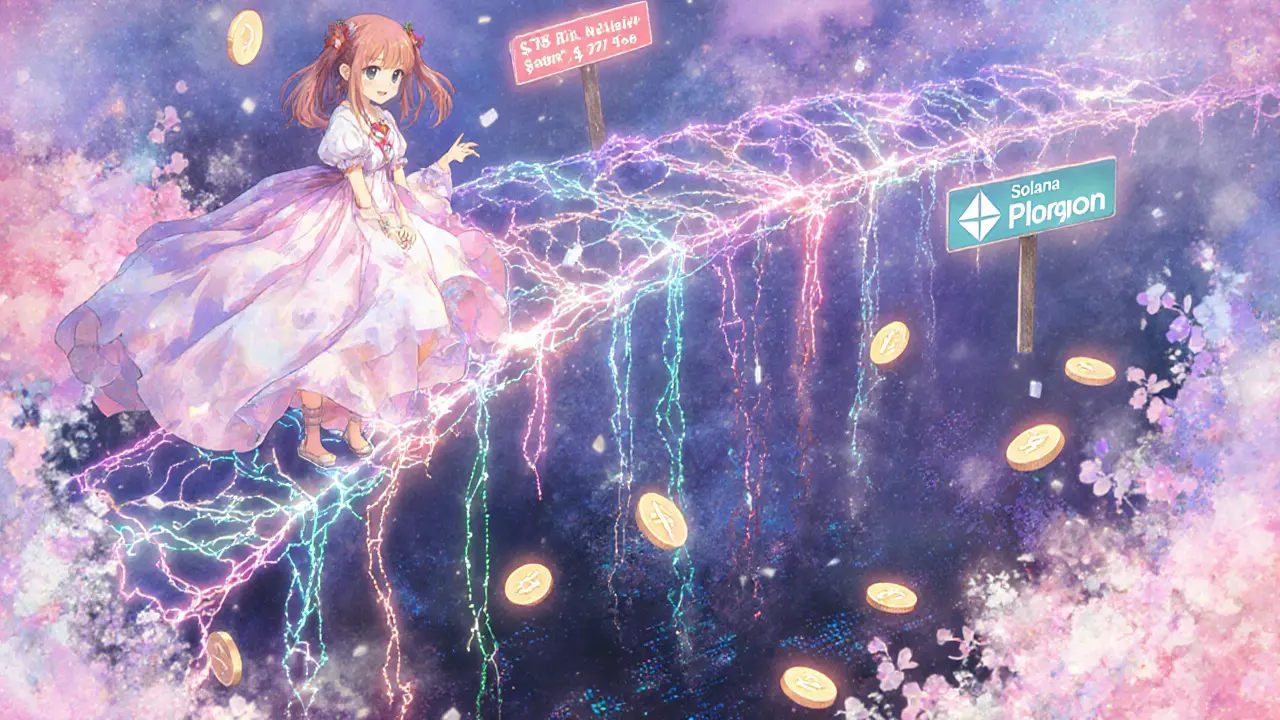Blockchain Security: How Crypto Networks Stay Safe (and Where They Fail)
When you send Bitcoin or swap tokens on a DeFi app, blockchain security, the system of cryptography, consensus, and network design that protects digital ledgers from tampering and fraud. It's what stops someone from stealing your coins or rewriting transaction history. Without it, crypto would just be a fancy spreadsheet. But smart contract vulnerabilities, coding flaws in automated programs that run on blockchains and often handle money have cost users over $3 billion since 2017. Even big names like Ethereum and Solana have had exploits. And crypto exchanges, platforms where people buy, sell, and store digital assets without strong security? They get hacked—like TradeOgre, where Canada seized $56 million because they didn’t verify users.
Blockchain security isn’t just about encryption. It’s about who runs the network, how updates are approved, and whether code gets audited. P2P networks, like the ones powering Bitcoin and Ethereum, make it hard to shut down a system—because there’s no single server to target. But that same decentralization makes fixing bugs slow. Meanwhile, DeFi platforms like Harvest Finance and FlatQube rely on automated market makers and yield farms that can be drained if a single line of code has a loophole. Even regulatory efforts, like Pakistan’s PVARA or Malta’s MiCA license rules, try to force exchanges to adopt better security—but they can’t stop underground crypto use in places like Morocco or Afghanistan, where people trade anyway to survive.
Some tokens, like DIGG or Wrapped VSG, aren’t even worth securing—they’re abandoned or fake. But real projects? They need constant vigilance. The best security doesn’t come from fancy tech—it comes from transparency, audits, and community oversight. You’ll find posts here that break down exactly how hackers break in, why some exchanges shut down, and what makes one DeFi platform safer than another. These aren’t theory pieces. They’re after-the-fact reports from real incidents. Know what to look for before you invest.
Challenges of Cross-Chain Technology in Today's Blockchain Ecosystem

Cross-chain technology enables asset transfers between blockchains but faces major security, regulatory, and usability challenges. Over $21 billion in illicit funds moved through bridges in 2025, exposing critical flaws in transparency and compliance.
Composability vs Security Trade-offs in Blockchain Systems

Composability lets blockchain apps build faster by reusing smart contracts, but each connection adds security risk. Learn how to balance speed and safety in DeFi and decentralized systems.
